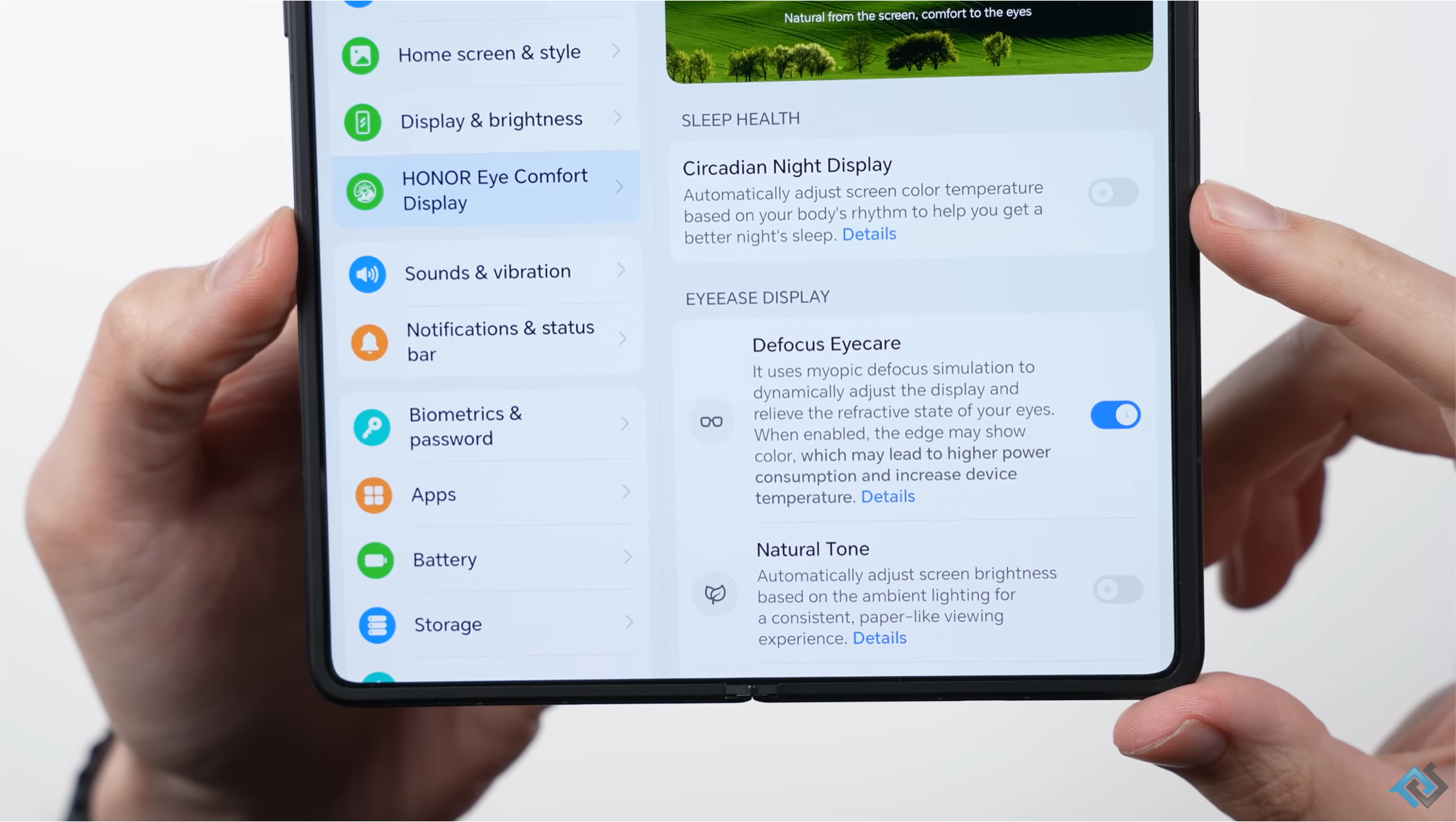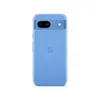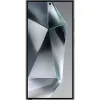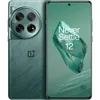Honor's AI defocus display — game-changer for eye health
The future of mobile viewing has arrived

Honor is set to redefine smartphone display technology while tackling one of the most pressing issues of our digital — eye strain.
The upcoming Magic v3 handset, set to be revealed at IFA 2024, will include the industry-first Honor AI Defocus display. This was first revealed earlier this year and makes use of on-device AI technology to adjust the display after prolonged use.
The display technology uses AI algorithms to replicate the function of traditional optical methods in specialized eyewear.
The aim, according to Honor, is to reduce eye strain and fight off transient myopia, or nearsightedness, a condition believed to come from prolonged screen exposure.
How does the Magic v3 reduce eye strain?

Defocus signals are embedded into display layers, effectively reducing stress on the eyes for users and providing a far more comfortable viewing experience.
According to Honor the display and AI model combination can reduce near work-induced transient myopia by an average of 13 degrees after just 25 minutes of use.
Honor describes the Magic V3 as a device that not only delivers in performance but also well-being.
Myopia is an increasing problem globally due to increases in screen time. At its core, AI Defocus display technology helps to eliminate the elongation of the eye that eventually causes myopia with DIMS or, defocus incorporates multiple segments.
Sign up to get the BEST of Tom's Guide direct to your inbox.
Get instant access to breaking news, the hottest reviews, great deals and helpful tips.
During testing, it was found that the display technology led to an increase in central choroid thickness. This is an indicator of eye strain, as well as other eye health conditions, and can be caused by screen usage.
At the moment, AI Defocus technology supports popular apps like YouTube and Amazon Kindle, which means users can comfortably enjoy their favorite content for longer periods of time without suffering eye strain.
Honor says it plans to support more applications in the future. Beyond that, the Honor Magic V3 also offers ultra-high PWM dimming. This is a technology that radically reduces screen flicker for enhanced eye protection.
These industry-leading features highlight the company's commitment to using technology to improve the health of its users. Honor describes the Magic V3 as a device that not only delivers in performance but also well-being.
How big of a problem is myopia?
According to findings from the National Institutes of Health, half the world's population will be affected by myopia by 2050.
Over the past few decades as computer use and then phone use have increased, there has been a global rise in cases of nearsightedness. This is caused by prolonged near focus — time looking at a screen from a short distance — over time it causes the eyeball to elongate and lead to myopia.
One solution open to optometrists' when dealing with myopia is to have patients wear defocus glasses. These utilize specialized lenses to create intentional defocus in front of the retina and trigger a visual induction signal.
If you suffer from eye strain while using a smartphone, especially if much of your time is spent on YouTube or the Amazon Kindle app, then you might want to consider the Honor Magic v3 when it is released.
More from Tom's Guide
- I finally found a good use for foldable screen laptops
- I didn't get the hype around foldable phones, but the Galaxy Z Fold 5 changed my mind — here's why
- Forget pricey flagships — this could be the year of the sub-$500 foldable phones











